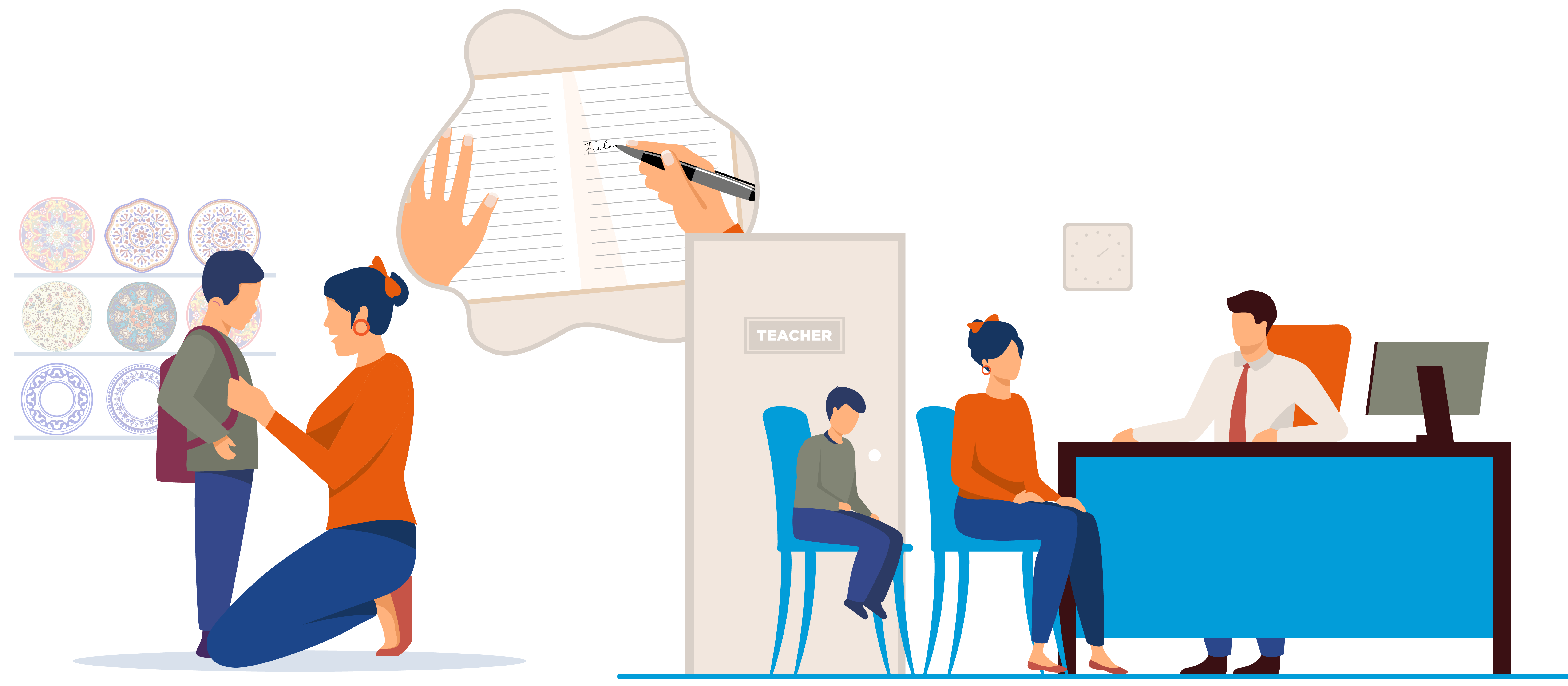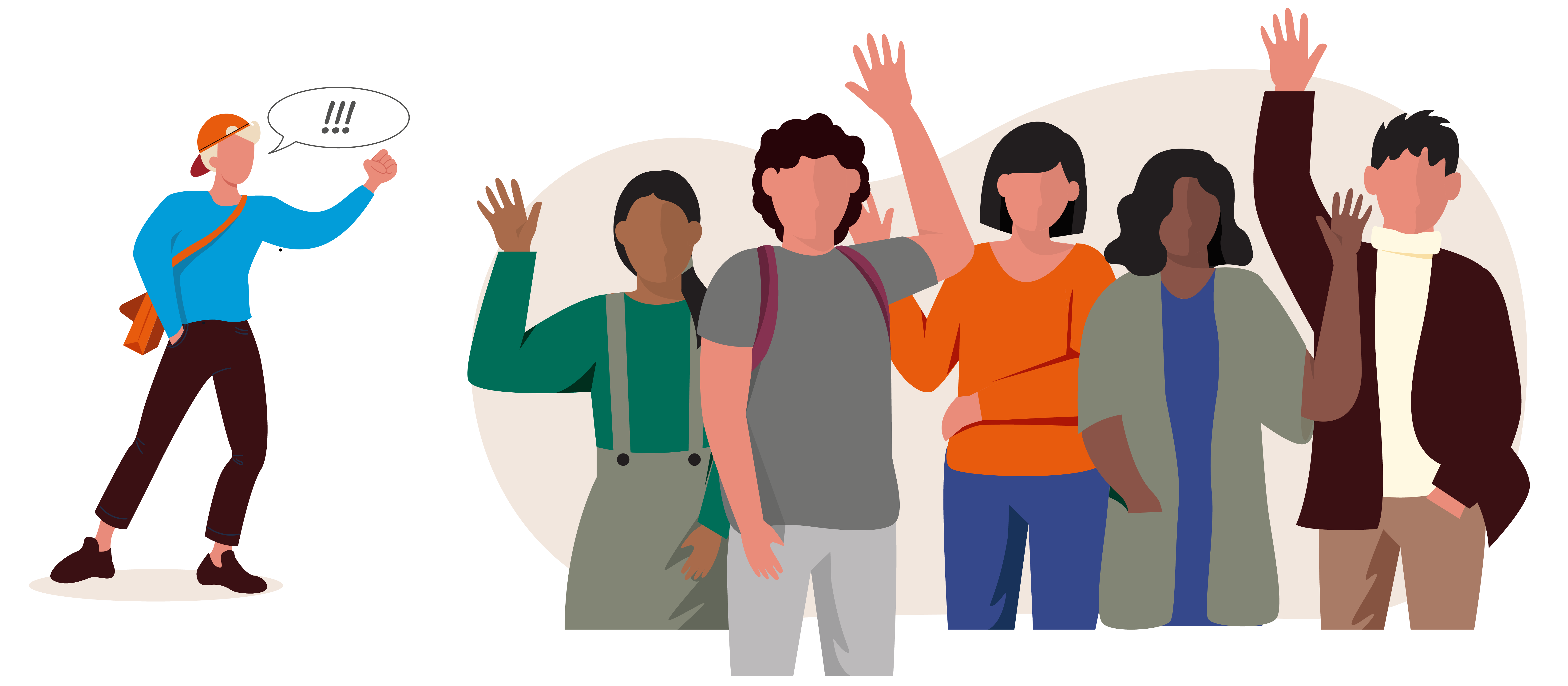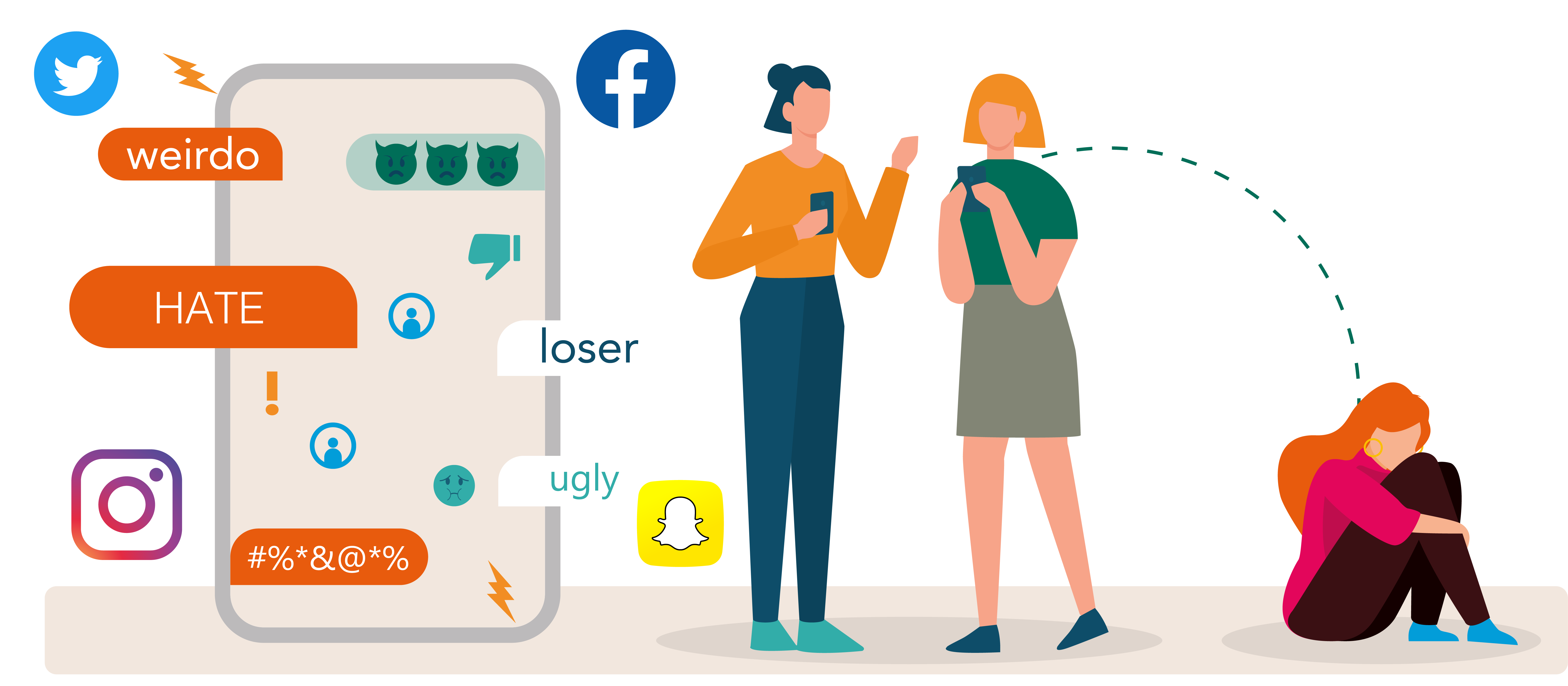Bullying
What is bullying?
Bullying is behaviour that hurts someone else. It can happen anywhere – at school, at home or online. It's usually repeated over a long period of time and can hurt both physically and emotionally

There are lots of different types of things that can be called bullying. The school should help your child whether they are being physically hurt or not. Some of these things are listed here.
- Name calling
- Being left out
- Cyber bullying
- Physically hurting
- Intimidation and threats
- Trying to ruin your reputation ( spreading rumours or gossip)
Do’s and Don’ts

- Don’t speak to the bullies directly – this could get you in trouble even if you try and speak to them in a calm way. Don’t message them online or social media either.
- Don’t speak directly to the bullies’ parents. Instead speak to them through the school. This will stop the situation getting worse. Don’t message them online or on social media.
- Many parents are not used to speaking to other parents about bullying and if you approach them they may complain to the school.
- Do keep a note of any things that happen.
- Do speak to the school whenever something happens.
- Do ask the school to keep in contact with you to tell you what they are doing.
What can I do if my child is being bullied?
Ask them to talk to you or someone you trust in the family.
Find out if there is someone at school that you and your child trust to speak to about what is happening.
Make a list of all the things that are happening and when they happened.
- Write them down (don’t worry about spelling or being neat)
- Or record them on your phone in a text
- Or voice record them
Arrange a meeting with the school. Speak to the school office and ask them to arrange a meeting for you with the person who deals with bullying.
- Make it clear that you want them to contact you with what is happening at school and any updates with how the bullying is being dealt with.
- Ask them to let you know once they have dealt with the bullying what they have done and how they have dealt with it.
- Ask them to contact you in the future if anything else happens again.
Tips for your child

You can support your child by talking through these ideas below. It can be difficult but it is important that you do not tell them to hit back or do things that could mean they also get in trouble.
Only tell them to try these things if they are not in any danger of being physically hurt and they feel confident that they can do them.
- Ignoring the bullying - turn around and walk away.
- Pretend they don't care what the bully says or does. They could say 'okay, whatever' and walk away.
- Use strong, sentences starting with the word ‘I’; ‘I want you to stop that’ in a strong confident voice. They could practice this with their friends.
- Making a jokey or funny comment that makes the other person think they don't care about what they say.
- Ask their friends to speak up for them and always do the same for them!
Write down/draw/record their thoughts and feelings about the bullying to help them think about what they can do.
Hang out with their friends and be with people who help them feel good about themself. Good friends respect, encourage and support them. They care for their wellbeing and are fun to be around.
Online bullying

- If they are being bullied over social media/online you can take a screen shot /photo of anything the bully has done. Try and do this straight away in case they try to delete it later.
- Do not respond to what they have written or sent.
- You can also block them to stop them from being able to contact your child.
- If your child gets phone calls, make a note of the number and the time of the call.
Useful contacts and links
Credit to the following websites with informatopn addapted from them
Helping Children Deal with Bullying & Cyberbullying | NSPCC
Bullying and advice on coping and making it stop | Childline
